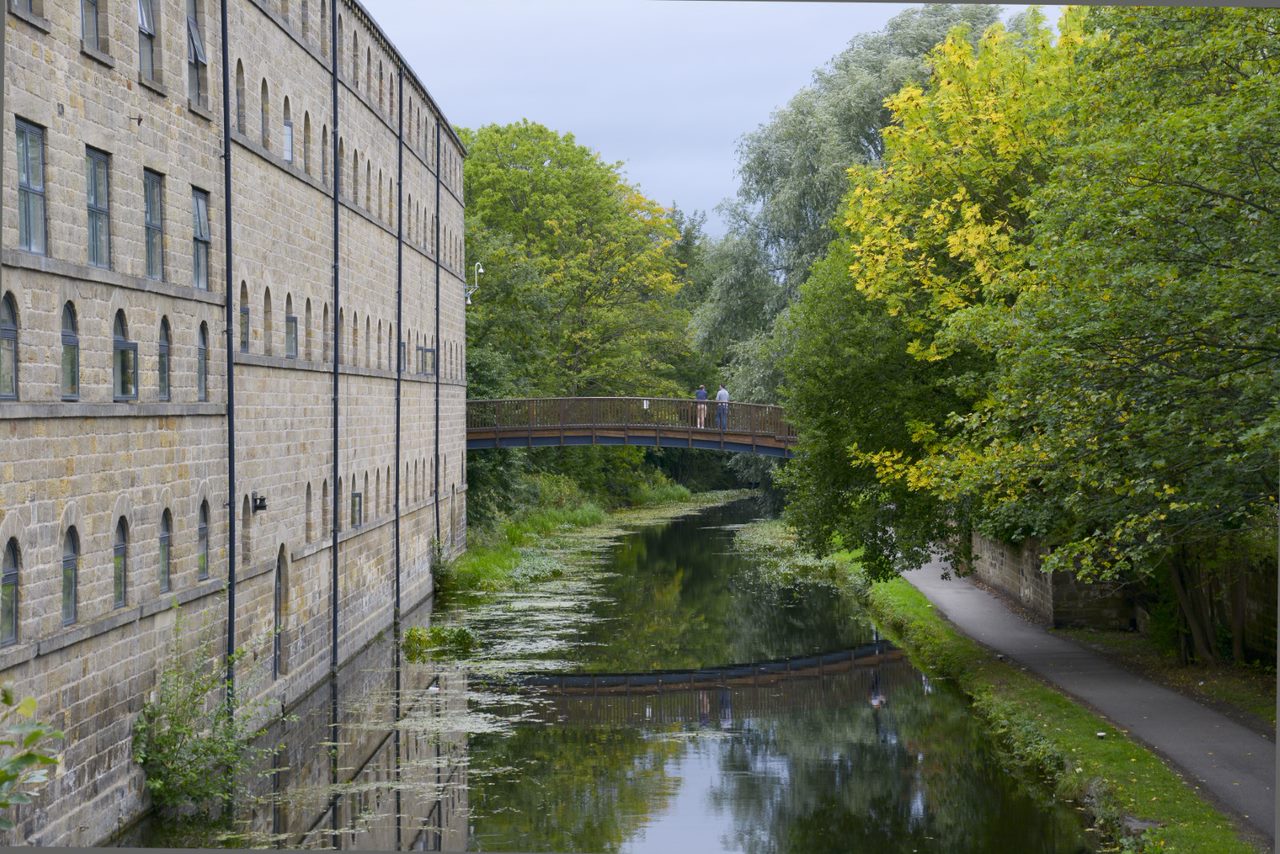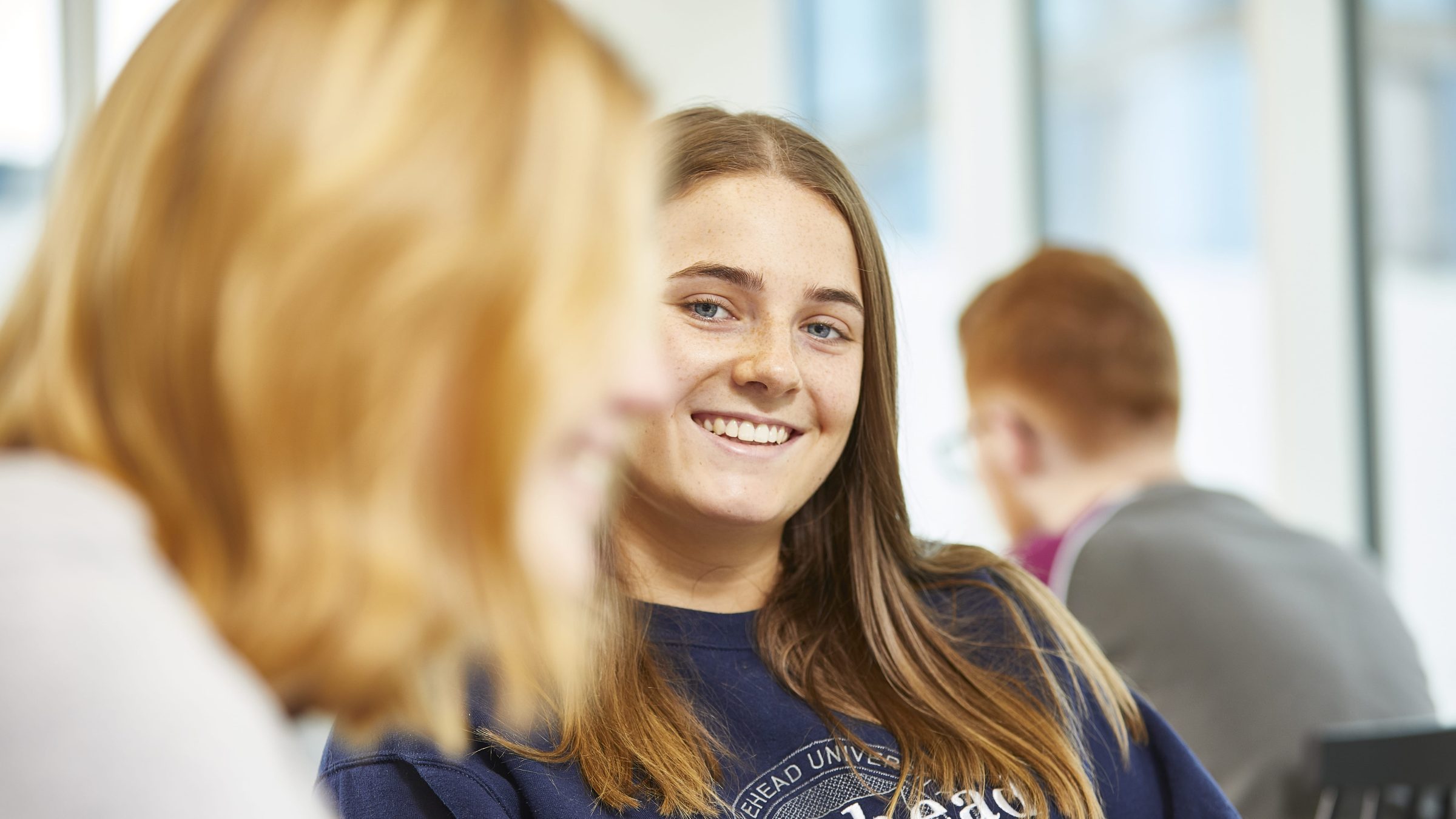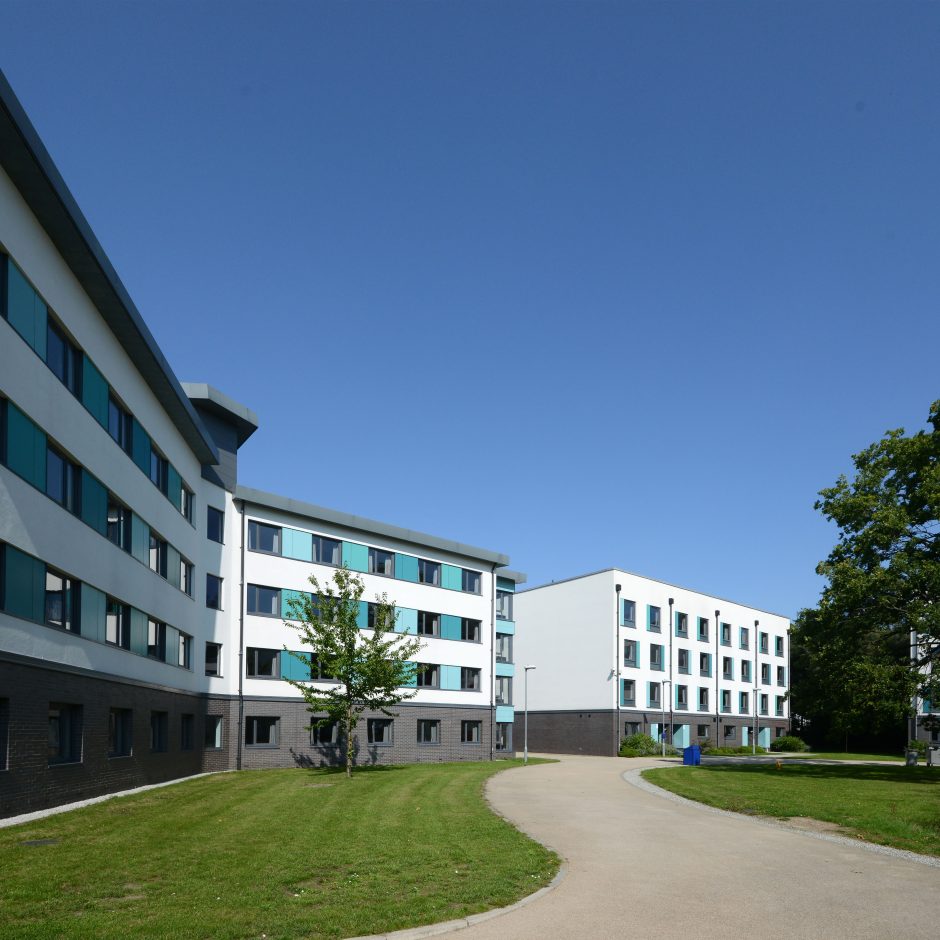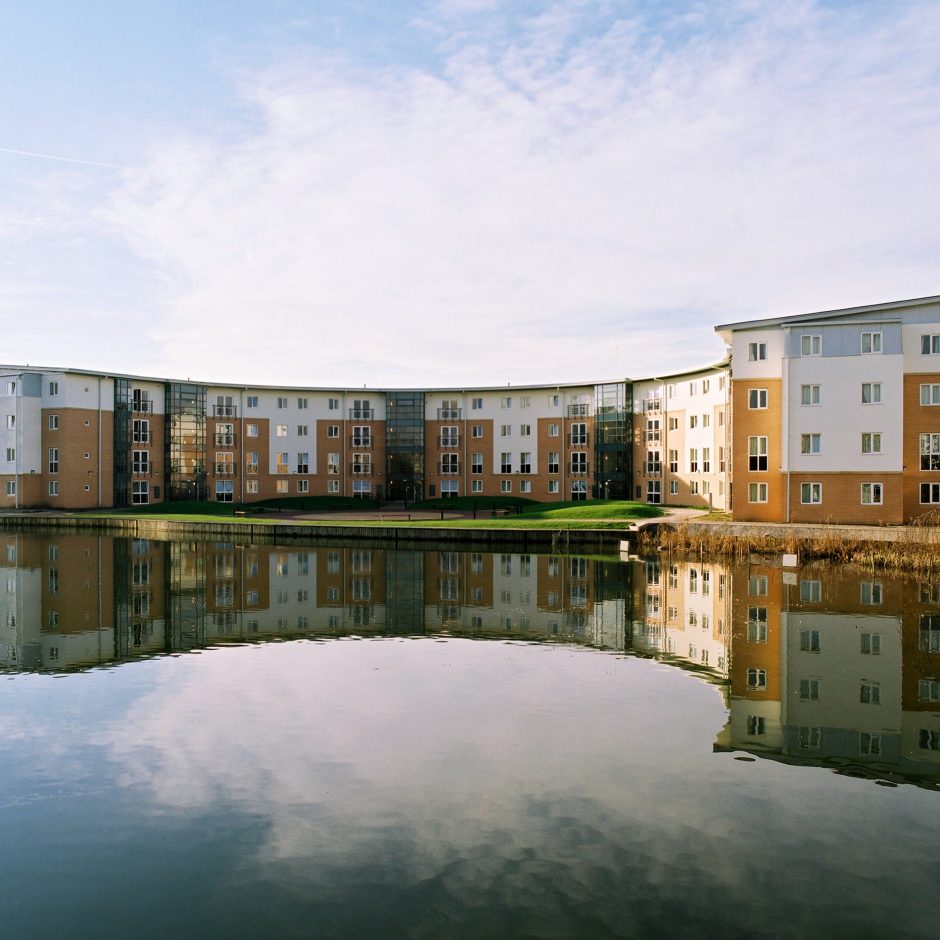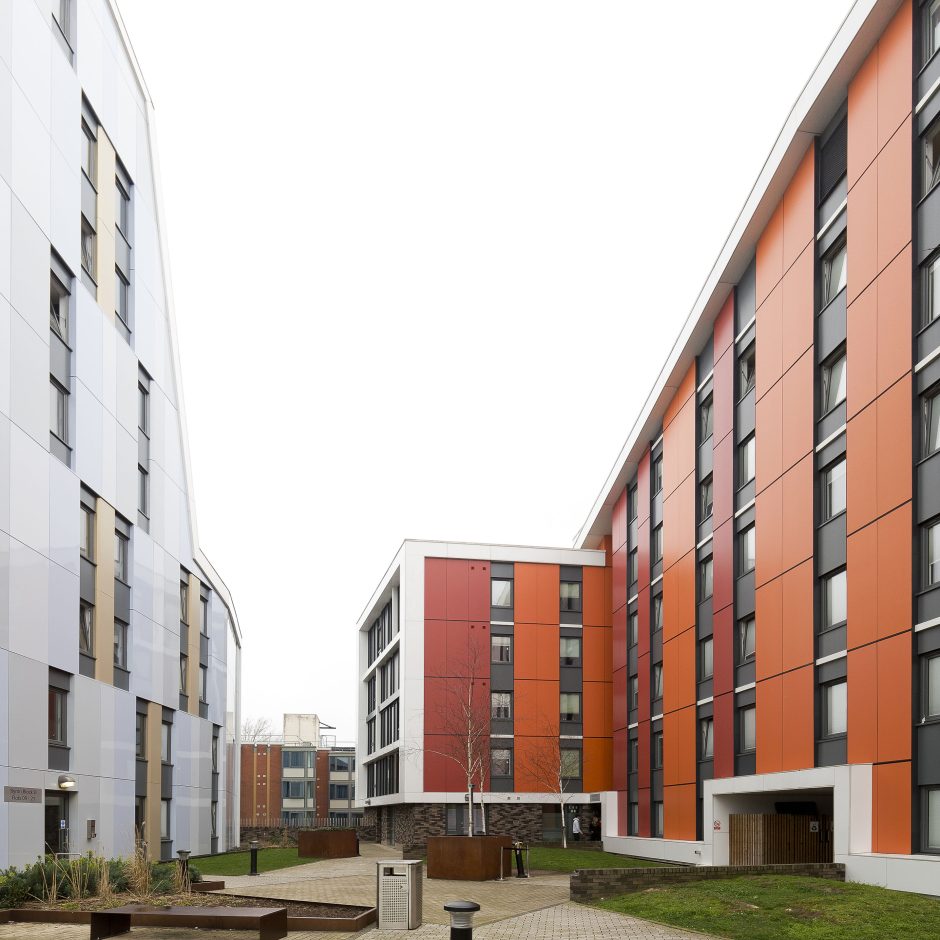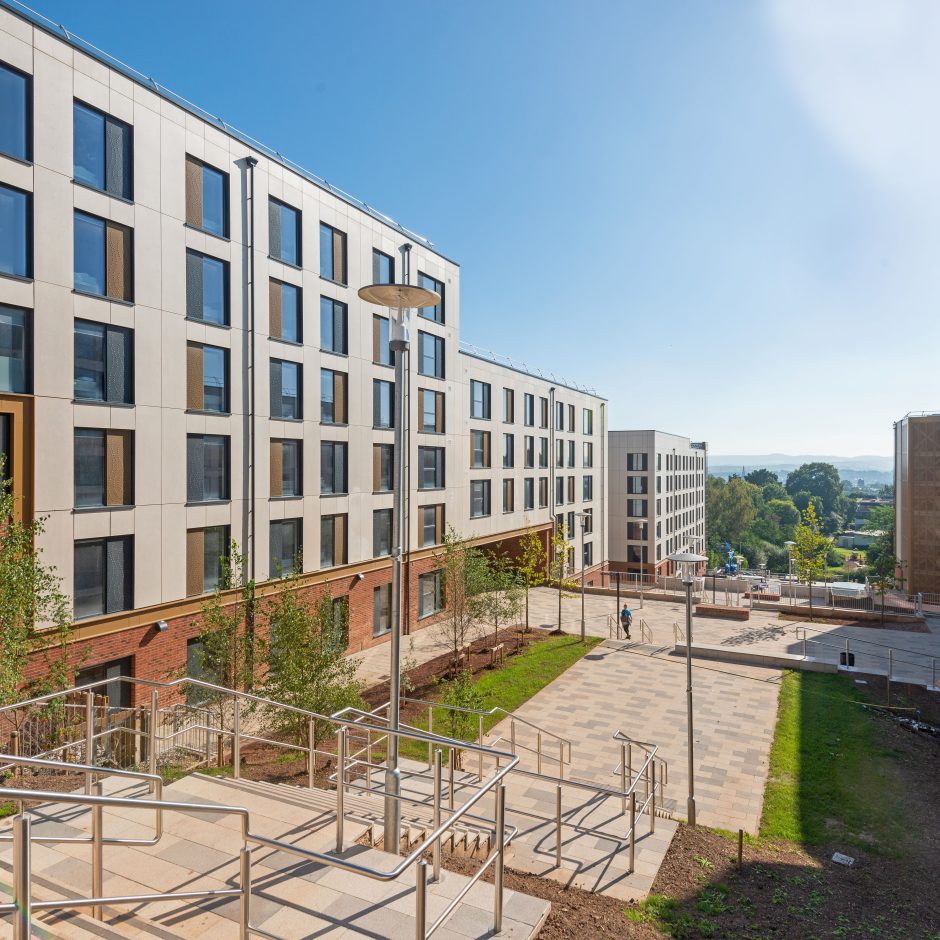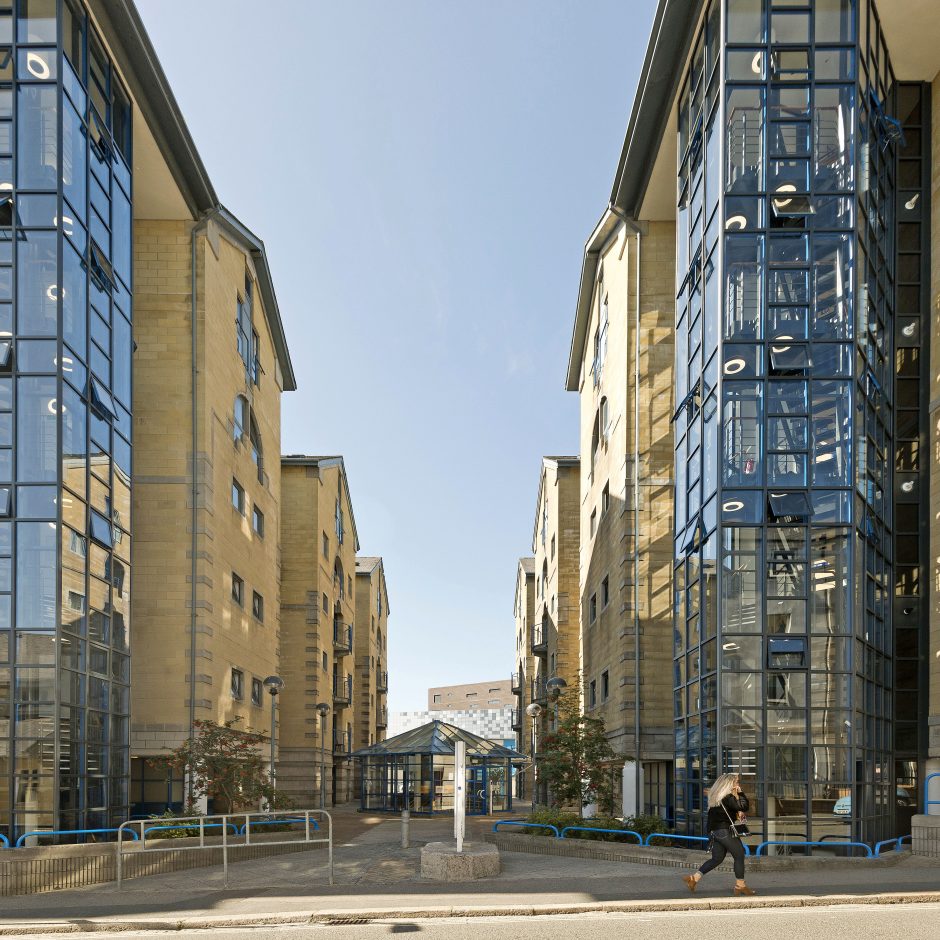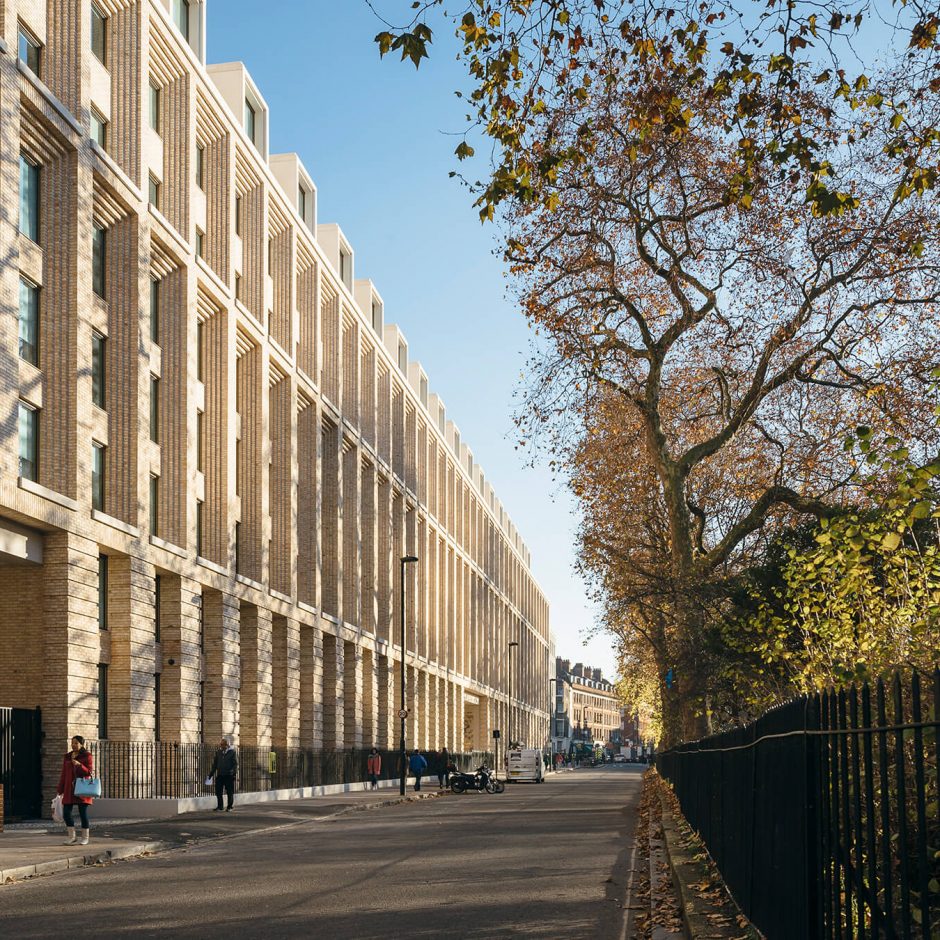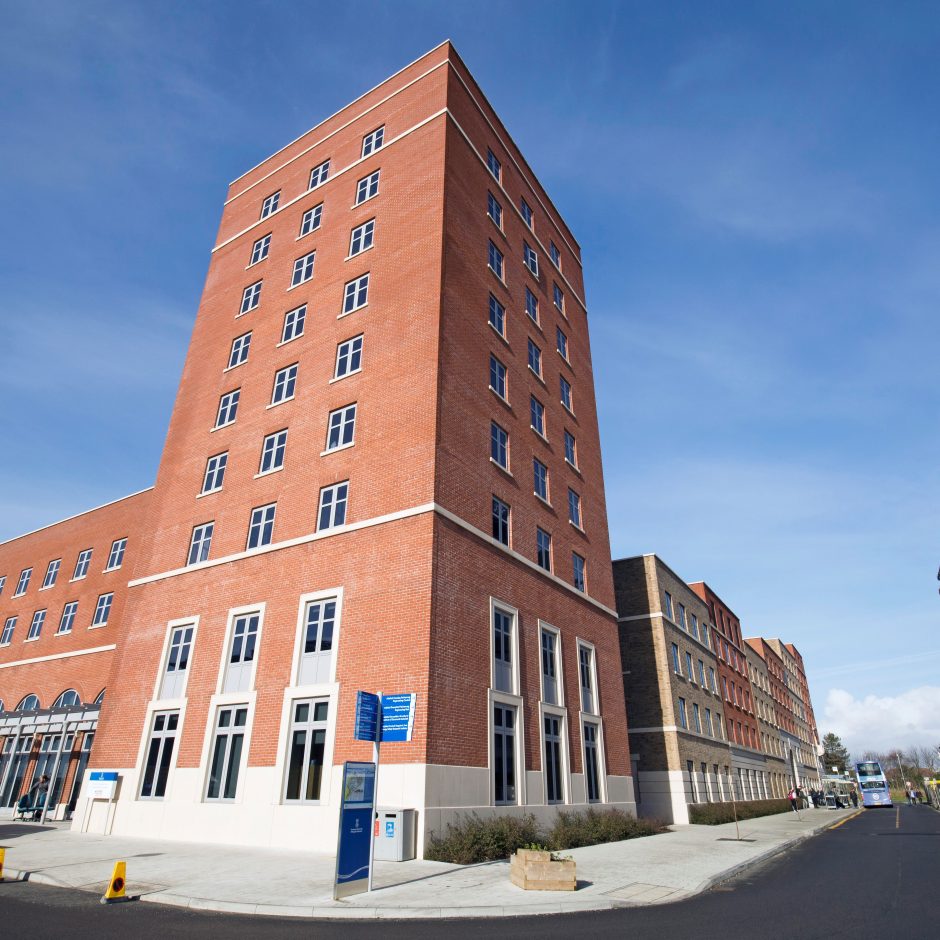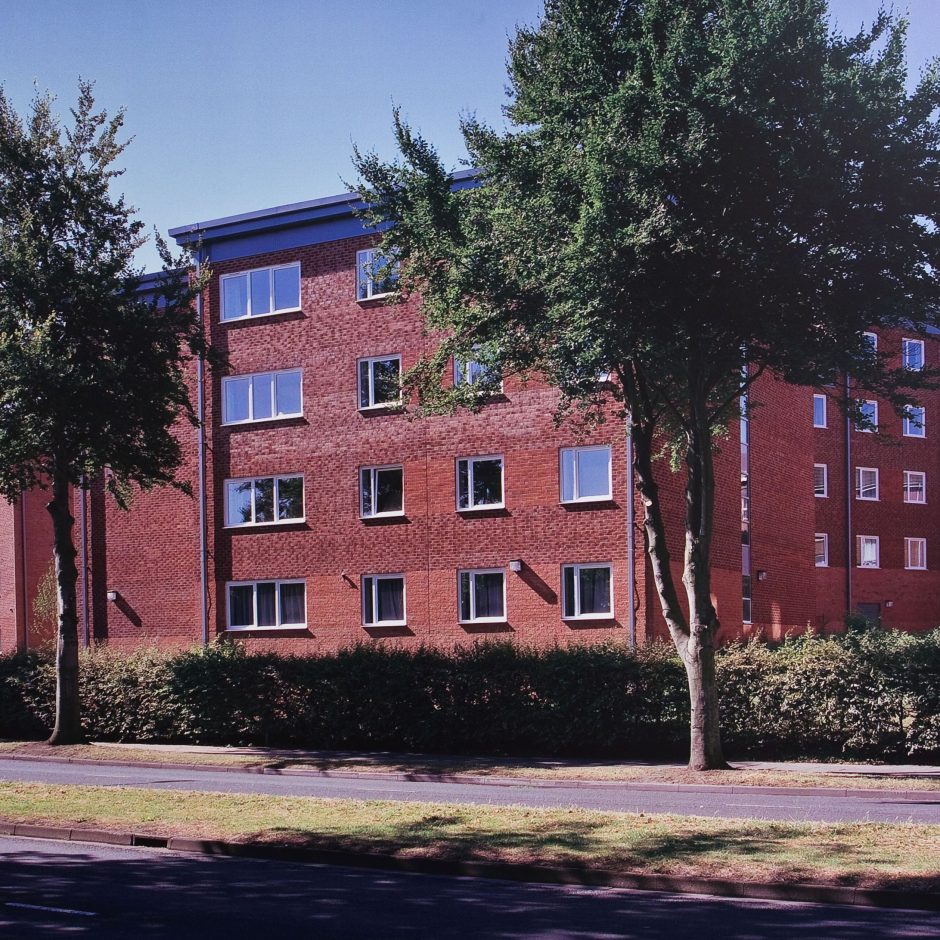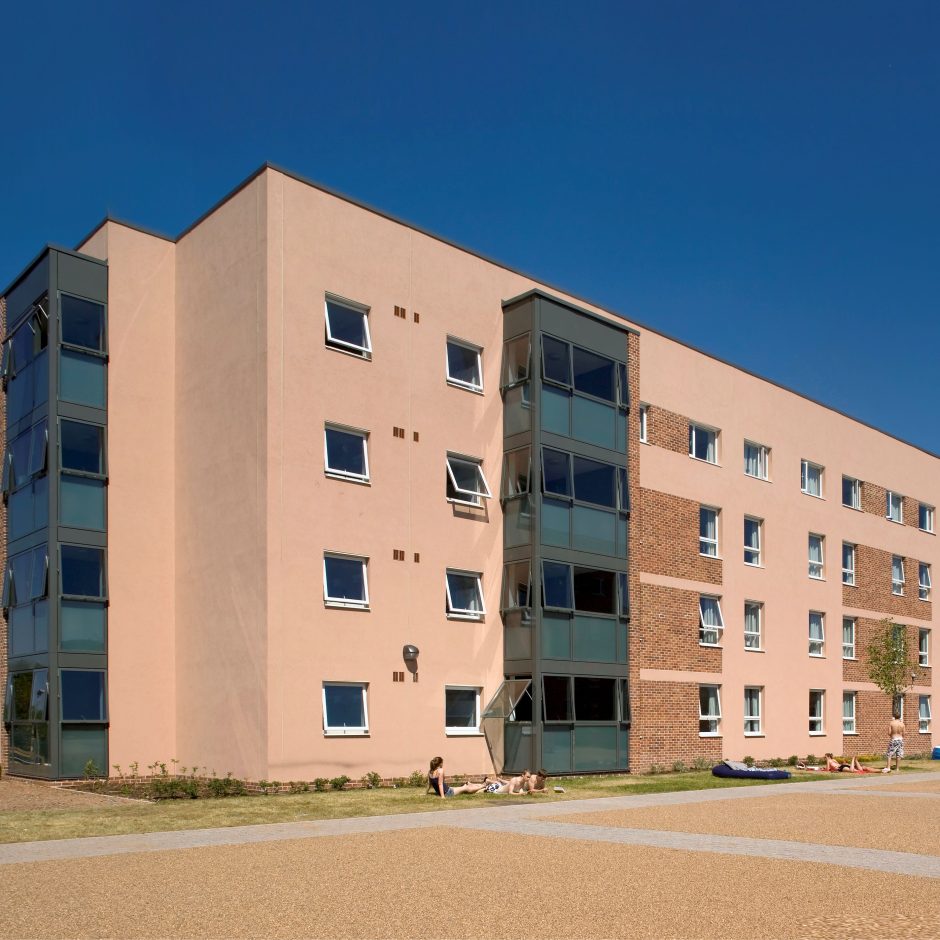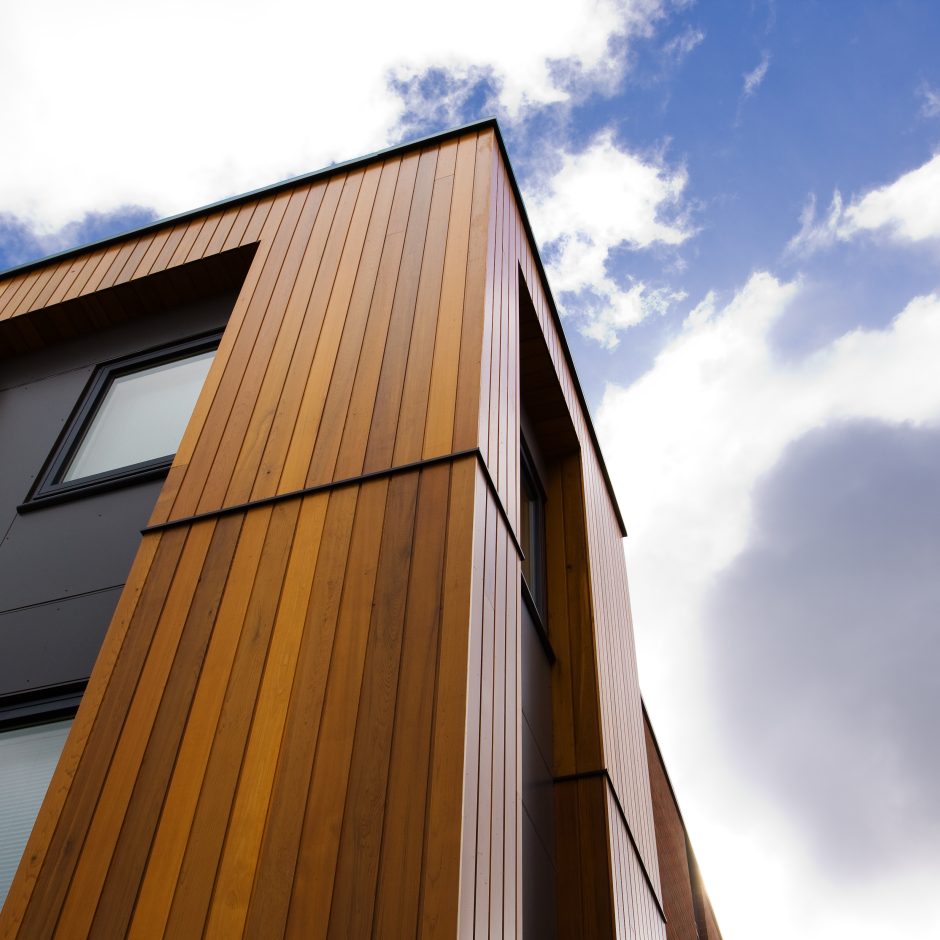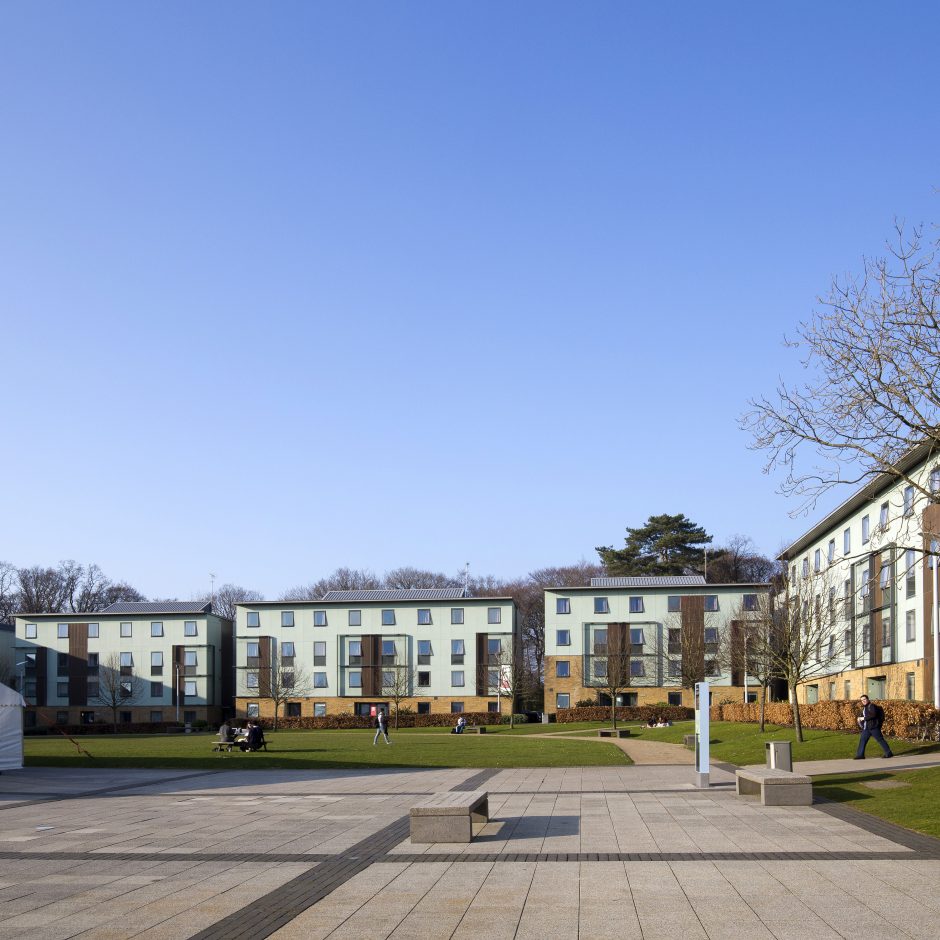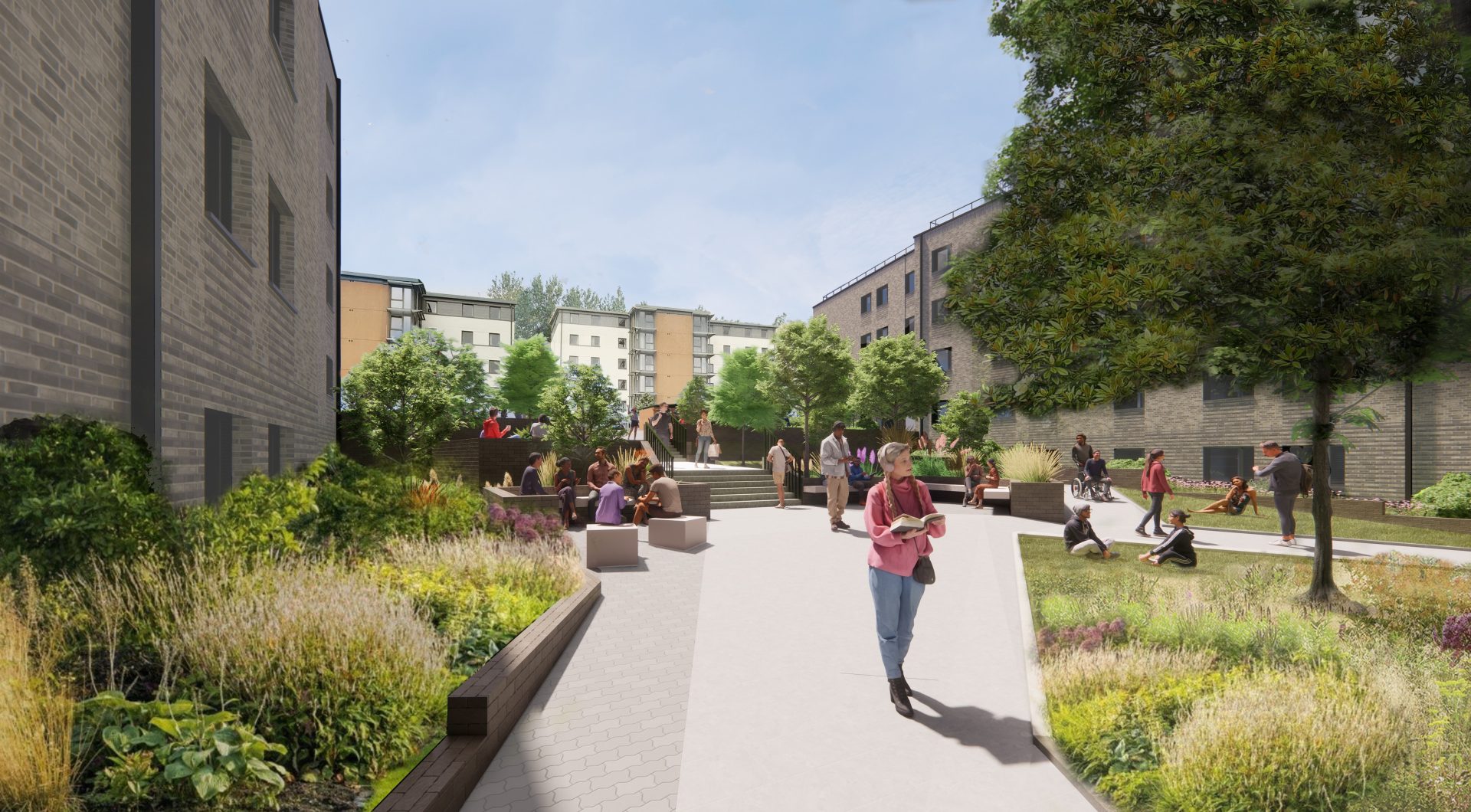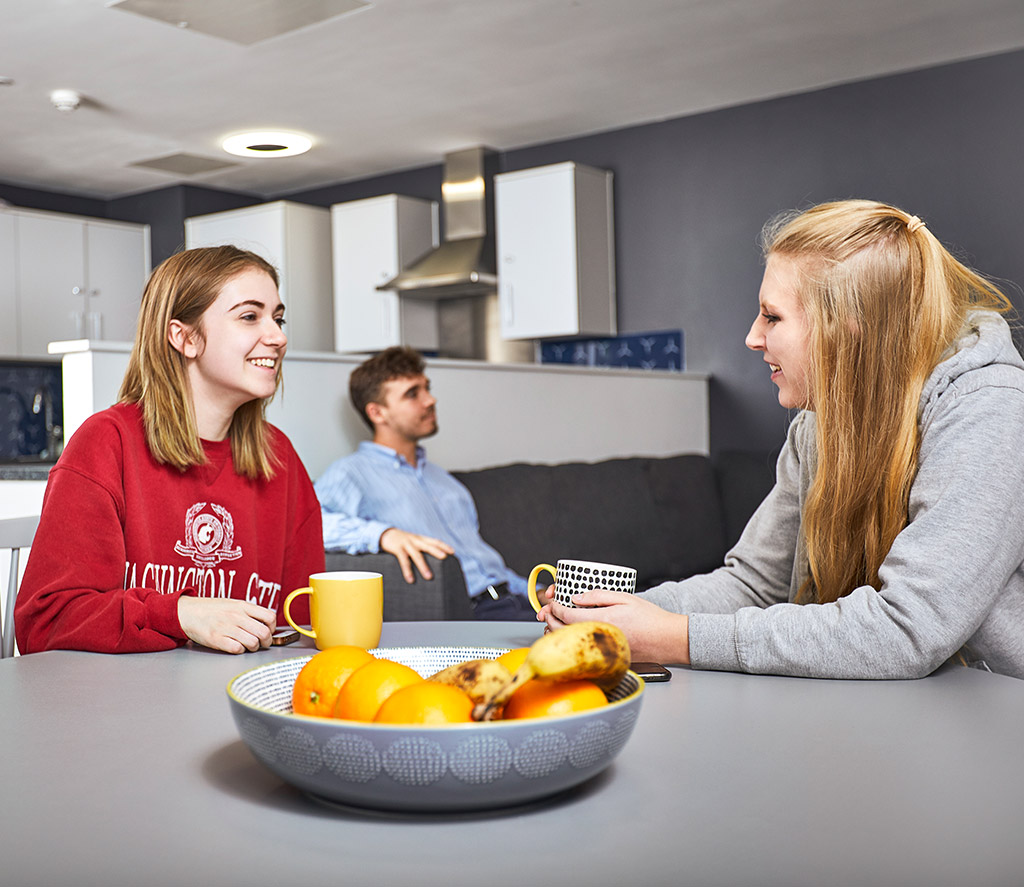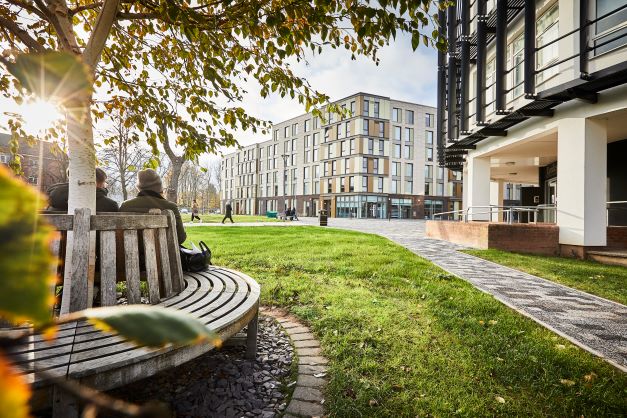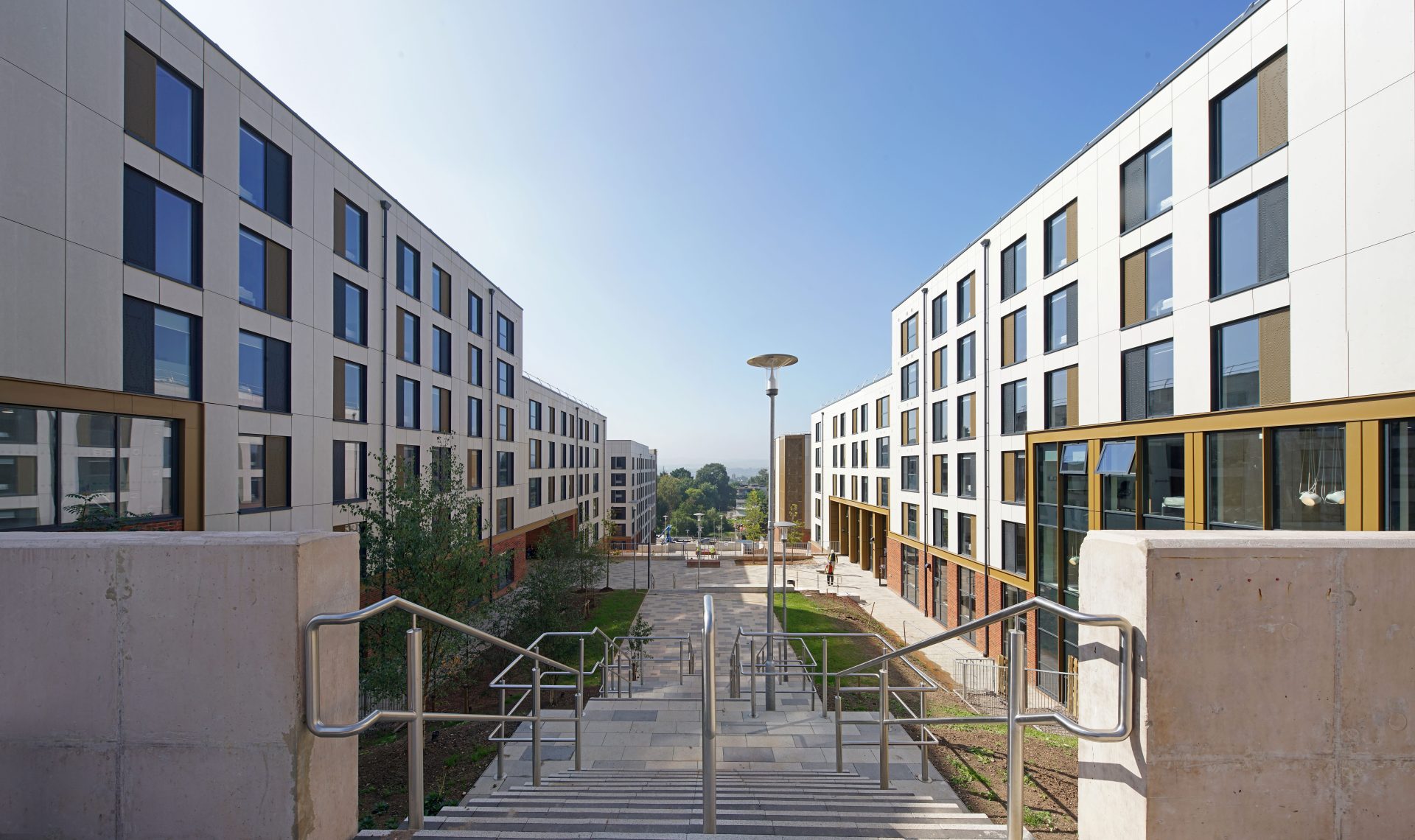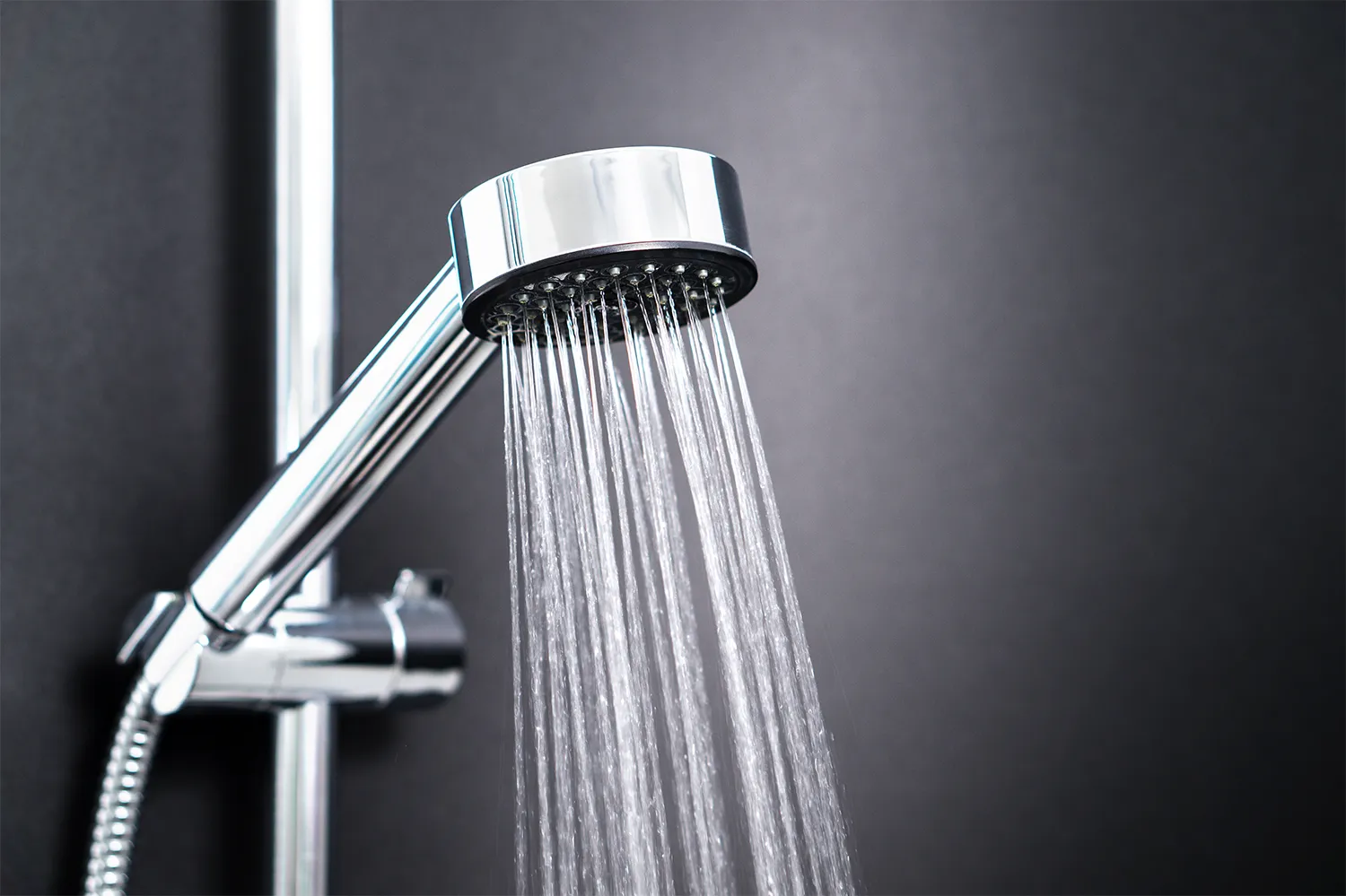
Reducing water consumption through Asset Management.
Over 1,650 students engaged across 4 sites.
11 students trained as campaign volunteers.
500 participants involved in masterclasses.
1,000+ involved in climate competition
UPP invested in low flow easy clean shower heads in 2022 as part of a trial to reduce overall water consumption.
Whilst showers are generally agreed to be less wasteful than baths, high-pressure showers can still use high levels of water. UPP installed 2,000 low-flow heads across 4 different sites as part of a trial to understand the impact both on water usage and on the student experience. The results demonstrated an average saving of 5M3 of water per head, offering a total saving in the first year of 10400M, while student feedback indicated little discernible difference in the experience between those with low-flow shower heads and those without. We will repeat this again in 2023. As an additional benefit, monitoring consumptions per room per month is resulting in leaks being identified and repaired more quickly, increasing the amount of water saved.
Managing Finite Natural Resources
As an organisation providing academic accommodation to over 35,000 students per year, UPP is aware of the role these activities and those of our wider supply chain play in the management of finite natural resources. Potable water consumption is a key element of daily operation across our portfolio and across our maintenance and construction activities. Water consumption during the 2020/21 business year has been included within our baseline. Both absolute water consumption and water consumption intensity in 2021/22 are above the baseline figure, however, this is a direct result of the return to normal operation with full occupancy after COVID-19 impacted the baseline year. Both our water consumption and wastewater also form part of our scope three emissions. The resultant emissions have been calculated and are included in our performance data. No water is abstracted by UPP or discharged under consented conditions at any site. Should either of these situations change due to future development the abstraction or discharge consent would be maintained within the ISO14001 EMS document control. To reduce water consumption and simplify monitoring and leak detection, a procurement exercise has been undertaken to identify a single national water supplier.
As part of this programme Automatic Meter Reading (AMR) has been installed on all directly procured water supplies. Additional water metering has also been installed at key sites where leakage is suspected. Leakage is a major contributor to excess water consumption and this activity will enable any such leaks to be found and rectified more efficiently. Our measures:
- Water intensity M3 per bed day Performance
- A total of 1,284,667m3 of water was consumed during 21/22
- This equates to 0.138m3 per bed day.
Looking ahead, UPP is working closely with our partner institutions, we will install third-party water AMR on some indirectly procured water meters to ensure water consumption visibility and interval data across all SPVs. This will help us to also prioritise leakage detection and enable us to work effectively with our partners and national water supplier to seek rectification. We will target resident behaviour as part of our expanded behavioural change campaign with ongoing water reduction education and initiatives at all participating locations.
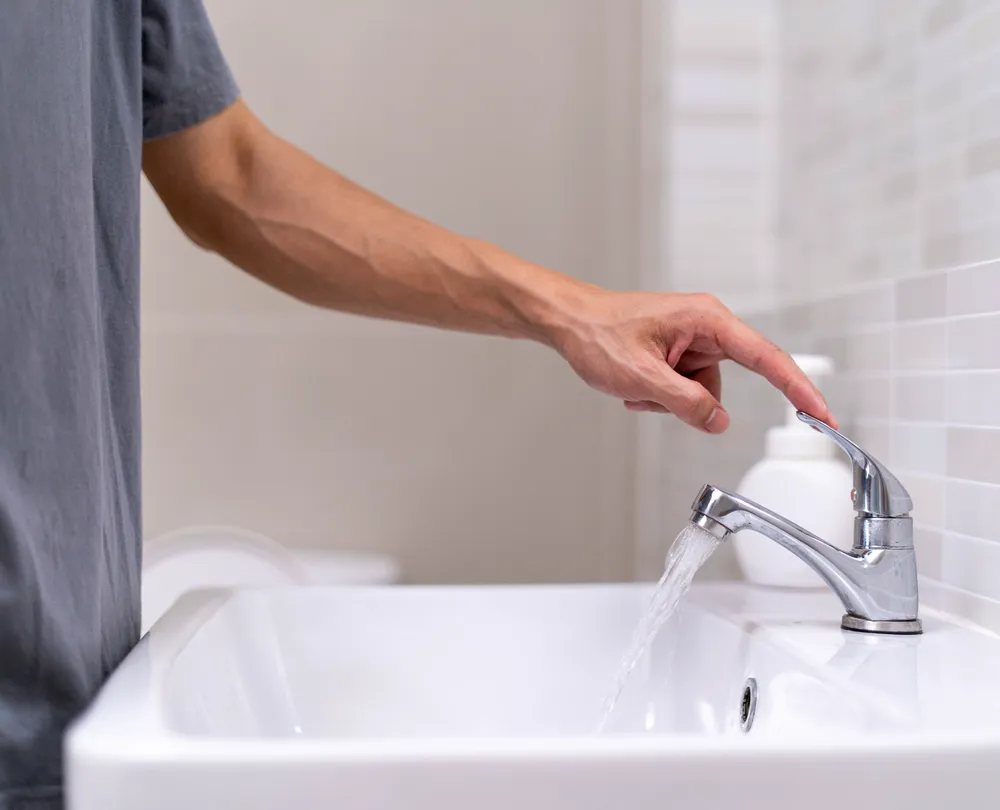
Contact Us

Richard Bolger
Business Development Director
FACILITIES MANAGEMENT





